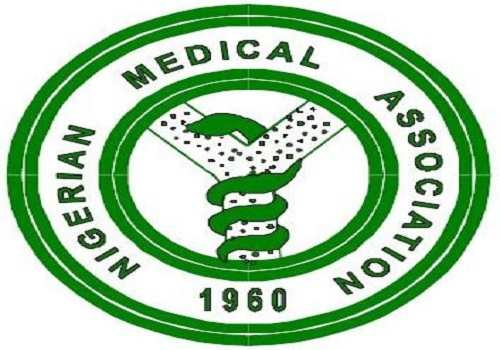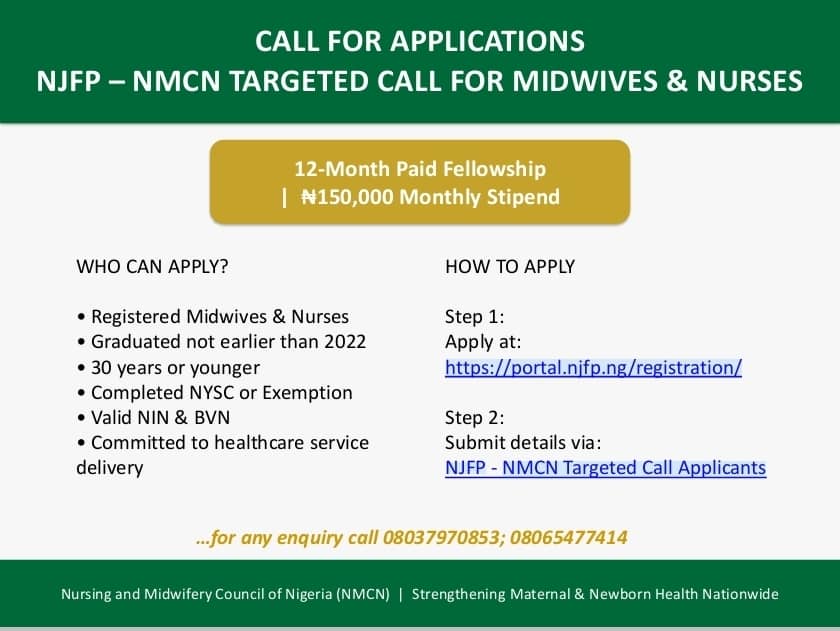Relevant agencies in the regulatory of foods and export have expressed worry over the continued rejection of Nigerian food products in the international market even as they have teamed up to ensure the safety of the foods locally as well as facilitate trade at the same time.
Meanwhile, the National Agency for Food and Drug Administration and Control, NAFDAC, in collaboration with its sister agencies including the Nigerian Customs Service, Standard Organization of Nigeria, SON, Shippers Councils, Nigeria Export Promotion Council, NEPC, Nigeria Agricultural and Quarantine Service, NAQS, among others are to begin a nationwide awareness on food safety under the Inter-Agency collaboration forum.
Speaking to journalists shortly after a meeting of the agencies, tagged: “Effective Inter- Agencies Collaboration as a Means to Diversify Nigerian Economy through Export”, the Director-General of NAFDAC, Prof. Christianah Adeyeye expressed concerns about the rejection of Nigerian food products abroad. According to her, the rejection was not only about losing money but losing Nigeria’s image. “We are working together to ensure that bad products do not go out of the country anymore and that is one of the reasons why we put this meeting so that we can consolidate our efforts.
.jpg)
From our discussion, we are planning to consolidate through enlightenment, targeted sensitisation and consolidated testing of these products between SON and NAFDAC. We want our people to understand the right thing to do before they ship their products outside the country.” Reacting to the recent rejection of the country’s palm oil by the European Union, EU, following the discovery of Azo-dye in the palm oil, Adeyeye hinted that already, NAFDAC has moved into the markets to ensure the oil is not in circulation in Nigeria.
“We have the instrumentation to detect Azo-dye. We take samples to the laboratory to ensure that whatever is sold to our people doesn’t have this dye that can destroy our kidneys. But like it was mentioned, this is not just for NAFDAC, there is nothing wrong for the general public in calling NAFDAC or calling SON and we are going to have telephone numbers that people can easily call to tell on other people that may be destroying the lives of people because of bad products. So we have to join hands as a country to let us know where bad products are being made. Some of the palm oil with Azo-dye are coming in from outside because of our porous borders.” She stated that the human body can only process what the body can process and that if there are bad chemicals in food, the kidney may not be able to process it, and if the kidney cannot process it, it will stay in the kidney and start destroying the tissues.
“We have problems already with the rate of kidney damage in Nigeria and some of it may be linked to the food that we eat that is why it is extremely important that we control the quality of the food or enforce whenever we need to enforce.” Adeyeye stressed the need for relevant agencies to work towards the same goal which is the acceptance and ascendancy of Nigerian non –oil commodities in the international market. Corroborating her views, the Technical Assistant to the Director General’s Office, Mrs. Simidele Onabajo who stated that the meeting was to look at the state of the commodities and products consumed locally as well as those exported out of Nigeria said the inter-agency collaboration would motivate diversification of the economy through systematic mechanism to facilitate export for Nigeria.
ABUJA: Training Schedule for Basic Life Support BLS, Pediatric Advanced Life Support (PALS), Advanced Cardiovascular Life Support ACLS, First Aid, CPR, AED
PORTHARCOURT: Training Schedule for Basic Life Support BLS, Pediatric Advanced Life Support (PALS), Advanced Cardiovascular Life Support ACLS, First Aid, CPR, AED
LAGOS: Training Schedule for Basic Life Support BLS, Pediatric Advanced Life Support (PALS), Advanced Cardiovascular Life Support ACLS, First Aid, CPR, AED
STOP paying for airtime and electricity, Let your phone pay its bills with ScreenT





